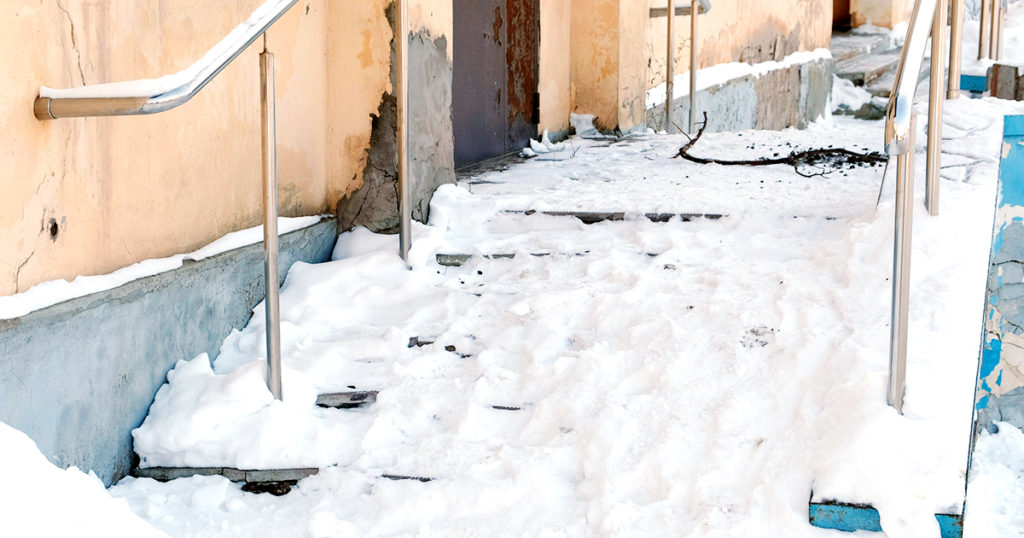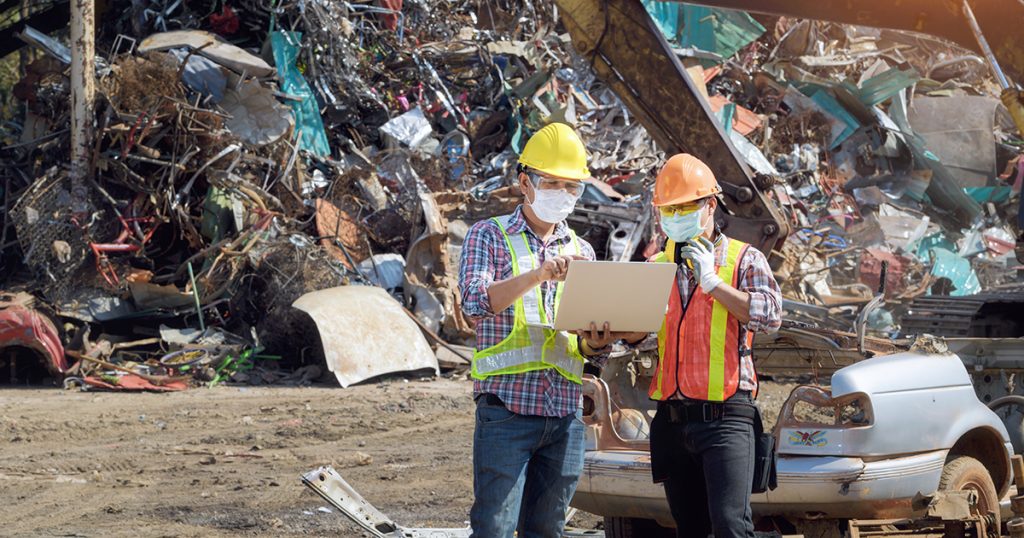8 January, 2021

In Ontario, our Occupiers’ Liability Act states that owners or occupiers of land have a duty of care to take reasonable steps to ensure that visitors to their property are safe. For example, a private landowner must take positive steps to clear icy or slippery conditions on their property to prevent visitors from slips and falls, and sustaining an injury. If they fail to do so, a person that slips and sustains an injury on a private landowner’s property can make a legal compensation claim against the landowner.
New requirements under Occupiers’ Liability Act
Usually, if a visitor is injured as a result of snow or ice on a private landowner’s property, the injured party must bring a legal compensation claim within two years of the injurious event. If the claim is brought within two years, the injured party does not need to provide any prior notice of their intention to bring the claim.
However, the Occupiers’ Liability Act will soon be amended to require that, within sixty (60) days of suffering an injury as a result of snow or ice on a private landowner’s property, an injured party must send a written notice to either the landowner, or the landowner’s snow and ice removal contractor, advising that he or she intends to pursue a legal compensation claim against the landowner and/or their contractor. The written notice must be either physically handed to the landowner or their contractor or sent to one of these parties by registered mail. The notice must advise of the date, time, and location of the injurious incident.
If an injured party does not provide written notice to the landowner or the snow removal contractor of their intention to bring a legal compensation claim within 60 days of the injurious event, he or she will generally not be able to pursue the claim. There are two exceptions to this rule:
- The injured person has died as a result of the injuries they suffered; and
- The injured party has a reasonable excuse as to why he or she did not provide written notice of their intent to pursue a claim and the party against whom he or she is making the claim is not negatively impacted by the delay in their defence.
The Effect of the Changes
This amendment is generally good news for landowners and snow removers. Imposing a 60-day notice period should allow these parties to gather evidence, such as security footage or employee statements, when it is more readily available and deal with potential claims more efficiently.
On the other hand, the 60-day notice period could pose a significant barrier to compensation for those who have been injured as a result of snow or ice on a private landowner’s property. An injured party may not realize the extent of their injuries within 60 days or he or she may not immediately think to seek legal advice. Therefore, if you believe you may have been injured as a result of snow or ice on another person’s land, it is important to contact a lawyer as soon as you are able to ensure that your legal rights are protected.
Andy Rady is a Partner at Harrison Pensa and leads the Personal Injury Law practice.





